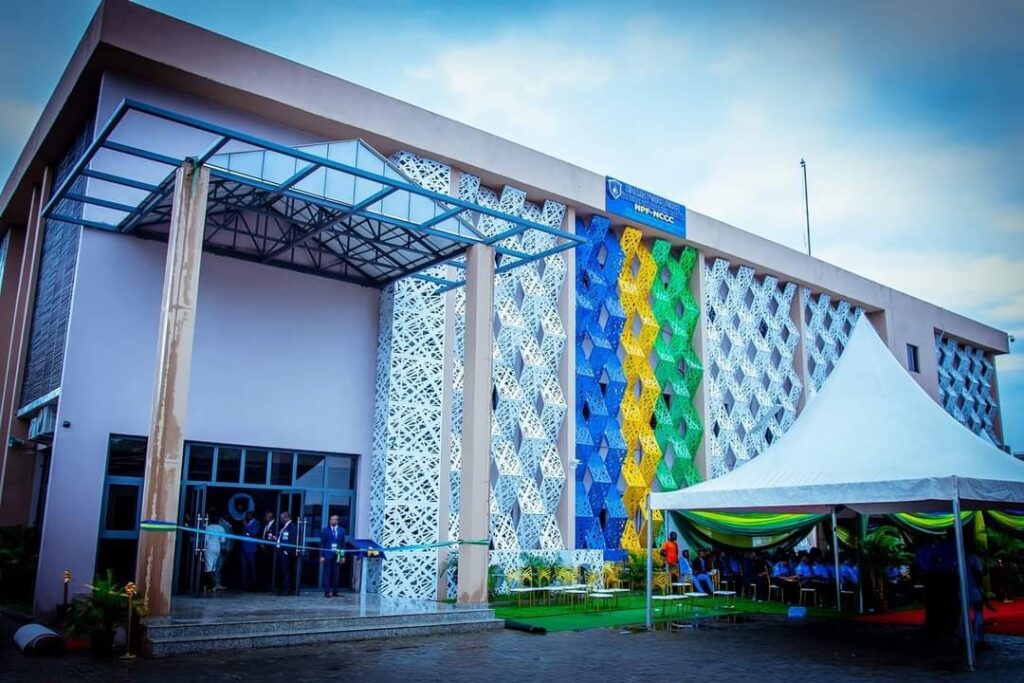The Federal Executive Council (FEC) has approved the exemption of federal universities, polytechnics, and colleges of education from the Integrated Personnel Payment System (IPPIS).
The approval for the exemption was given by the Federal Executive Council at its meeting on Wednesday at the Presidential Villa Abuja.
The decision was announced by the Minister of Education, Prof. Tahir Mamman, during a briefing with State House Correspondents after the FEC meeting.
The exemption takes immediate effect, providing relief to Vice Chancellors who are no longer required to travel to Abuja for salary processing.
The Federal Government introduced the IPPIS in 2006 as one of its reform initiatives for the effective storage of personnel records, saying the move would improve transparency and accountability.
The IPPIS initiative was also be expanded to include all ministries, departments and agencies that draw personnel costs from the Consolidated Revenue Fund.
The Academic Staff Union of Universities (ASUU) would reject the reform and would have a continual tussle with the Federal Government over the continuous use of IPPIS for the payment of university lecturers’ entitlements.
ASUU’s Vice President, Chris Piwuna, a strong proponent for the rejection of IPPIS would cite the autonomy of universities as a key factor, accusing the Office of the Head of Service of meddling in the affairs of the universities.
“We are not accepting that IPPIS is in any shape or form. ASUU will never accept IPPIS on our campuses,” he said.
“Autonomy of Nigerian university is our problem, not the peculiarities in IPPIS…The Office of the Head of Service of the Federation has taken over the work of the university governing councils and vice-chancellors.
“We are asking that they take their hands off the universities.”
The move addresses concerns raised by the Academic Staff Union of Universities (ASUU) regarding autonomy and the peculiarities of IPPIS, with ASUU advocating for the University Transparency and Accountability Solution (UTAS) as its payment platform.
The body asserts that UTAS offers unique advantages to the university system in Nigeria, distinguishing it from any other software.
Succumbing to pressure, the government has conceded to ASUU, pledging to collaborate in adapting IPPIS to accommodate university peculiarities and lecturer payment preferences via UTAS.
ASUU remains steadfast in opposing the government’s IPPIS enforcement, resorting to industrial actions that disrupted educational activities in 2022.
Ada Peter



























